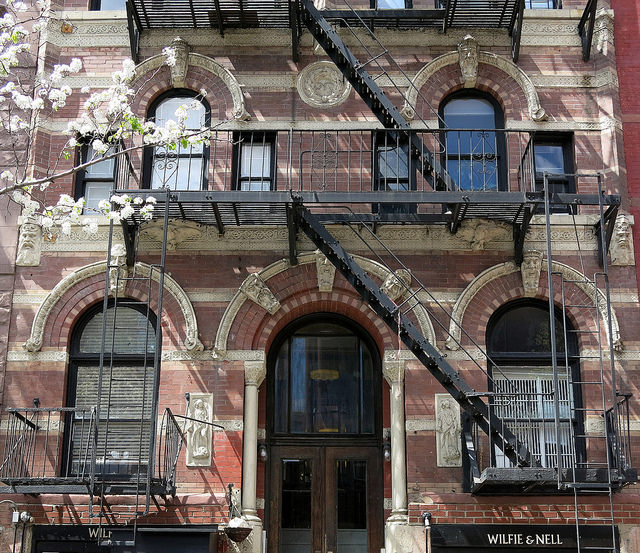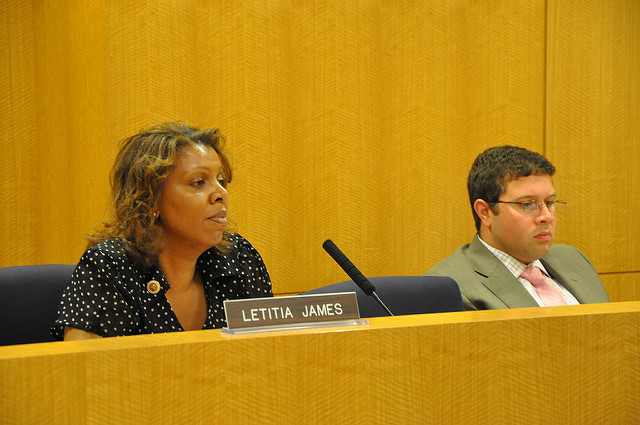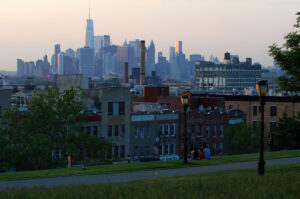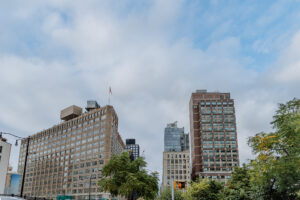Background checks for tenants are commonplace, but most renters don’t realize they should be turning the tables and doing their own checks on potential landlords.
While most landlords are legit, there are many for whom tenants’ safety and comfort is not a priority. Before you sign a lease or write a deposit check, take the time to do a little investigating of your own by checking your landlord’s background.

Source: Spencer Means via Flickr Creative Commons
- Start your search by determining who really owns the building you’re interested in. Many landlords set up a separate limited liability company (LLC) for each building they own. As you conduct your background searches, you’ll want to look into both the LLC and the parent company. You can search the city’s free public property records system to identify those parties. This database can also tell you if the property is in foreclosure.
- To avoid becoming the victim of a scam artist, verify that the building is owned in the same name as the individual requesting payment.
- If your potential landlord has been sued by a tenant – or has sued a tenant – the case will likely appear in New York State’s online court records database. The database denotes the year each case was filed, and clearly identifies both the defendant and the plaintiff. Litigation is the sort of thing both renters and landlords want to avoid, so if you find a handful of recent cases filed by or against a property owner, you may want to look elsewhere for housing.
- A quick internet search may turn up news stories or blog posts about the property owner that could provide helpful information about the landlord’s business practices and character.
- Letitia James, Public Advocate for the City of New York, released a list of the city’s 100 worst landlords in late 2015. Culled from data gathered from the Department of Buildings and Department of Housing Preservation and Development, the list includes those property owners who have accrued the most violations relative to the number of properties they own. Each of the Top 5 landlords on the list has accumulated more than 1,000 violations including lead contamination, mold, broken toilets, cracked bathtubs, defective electrical sockets, lack of smoke detectors and rodent infestation.

Letitia James, Public Advocate for the City of New York. (Source: Freelancers Union via Flickr Creative Commons).
“Every New Yorker deserves to live in safety and security, and every apartment needs to meet basic standards of decency,” Public Advocate James said in a public statement. “Unfortunately, unscrupulous landlords throughout our city are failing to uphold these basic rights – creating inhumane living conditions for tenants.”
The hour or two it may take to check out a landlord now could save you years of grief down the rental road.
Related:









